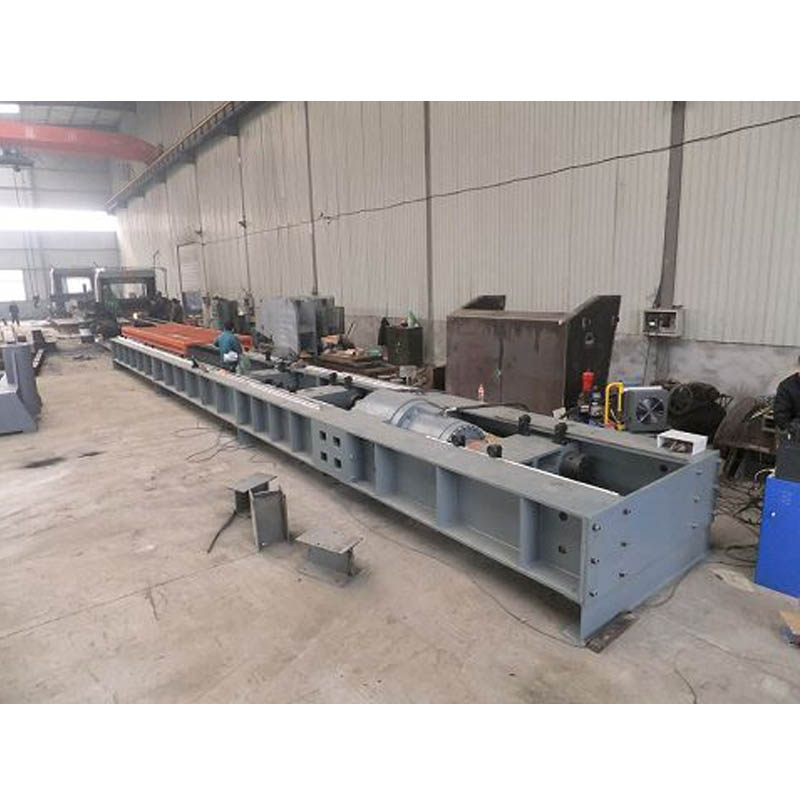Understanding Trailer Air Brake Line Systems for Enhanced Safety and Performance
Oct . 21, 2024 13:47 Back to list
Understanding Trailer Air Brake Line Systems for Enhanced Safety and Performance
Understanding Trailer Air Brake Lines Importance and Maintenance
Trailer air brake lines play a crucial role in the functioning of heavy-duty vehicles. These lines are part of an air brake system that operates by utilizing compressed air to activate the brakes. This technology is vital for ensuring the safety and efficiency of tractor-trailers and other large vehicles on the road.
The air brake system consists of several components, including the air compressor, air tanks, valves, and the air brake lines themselves. The main function of these lines is to transport compressed air from the compressor to the brake chambers located at each wheel. When the driver presses the brake pedal, the air flows through these lines, engaging the brakes and allowing the vehicle to slow down or stop effectively.
Understanding Trailer Air Brake Lines Importance and Maintenance
However, the safety and efficiency of air brake lines depend significantly on their maintenance. Over time, these lines can wear out due to factors such as friction, exposure to the elements, and vibration. Regular inspection is essential to identify signs of wear, such as cracks, abrasions, or leaks. Any damage can lead to a drop in air pressure, resulting in compromised braking performance, which poses serious safety risks on the road.
trailer air brake lines

One common issue associated with air brake lines is moisture accumulation. Compressed air can contain water vapor, which can condense and freeze in colder temperatures, potentially disrupting the brake system's functionality. To mitigate this problem, it is essential to maintain a proper drainage system within the air brake lines. Most systems are equipped with dryers that help remove moisture from the air before it reaches the brake components.
Another important aspect of air brake line maintenance is ensuring that the lines are properly secured and routed. Loose or improperly routed lines can become damaged through contact with other components or the road, leading to leaks and brake failure. Therefore, it is crucial to regularly check that the lines are securely mounted and free from any obstructions.
In addition to visual inspections, a comprehensive maintenance routine should include testing the air brake system’s performance. This can be done through brake tests, air leakage tests, and verifying that the air pressure levels are within acceptable ranges. By adhering to a regular maintenance schedule, operators can ensure the reliability of their trailer air brakes and enhance overall safety on the road.
In summary, trailer air brake lines are essential components of air brake systems that require regular maintenance and inspection. Understanding their function and taking proactive measures to ensure their integrity can significantly enhance the safety and performance of heavy-duty vehicles. Whether due to wear and tear or environmental conditions, being diligent about the condition of air brake lines is paramount for every fleet owner and driver. Keeping these systems functioning optimally not only ensures compliance with safety regulations but also contributes to the overall efficiency and longevity of the vehicle. Regular checks, moisture management, and secure installations are key practices that help maintain the reliability of air brake systems in trailers.
